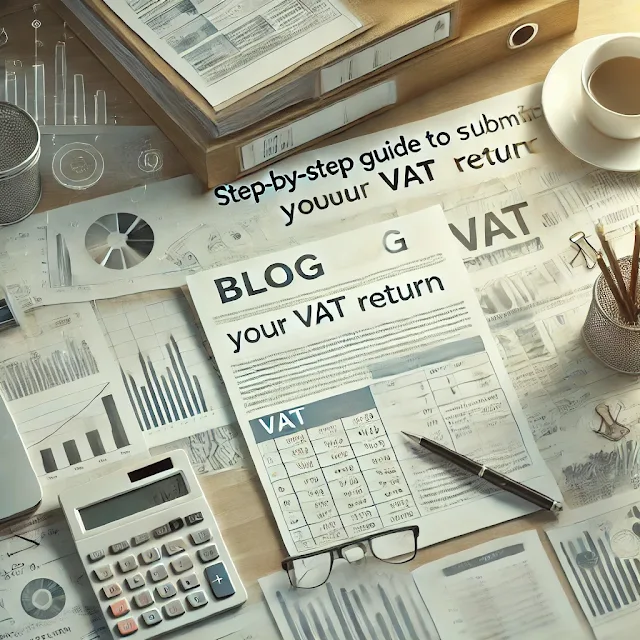Introduction:
Navigating VAT regulations can be tricky, especially for small businesses that are new to the process. Ensuring compliance with HMRC's VAT requirements is crucial for avoiding penalties and maximizing your financial efficiency. In this blog post, we’ll outline five essential tips that every small business in the UK should follow to streamline VAT management.
1. Know When to Register for VAT
One of the first steps in VAT compliance is knowing when your business needs to register. If your taxable turnover exceeds £85,000 in any 12-month period, you are required to register for VAT. Failure to do so can result in fines and backdated VAT payments.
Tip: Keep a close eye on your revenue, especially if your business is growing. Set reminders to regularly assess whether you are approaching the registration threshold.
2. Use Making Tax Digital (MTD) Software
As of 2019, all VAT-registered businesses with taxable turnover above the VAT threshold must follow the Making Tax Digital (MTD) requirements. This means using MTD-compatible software to keep digital records and file VAT returns electronically.
Tip: Invest in reliable accounting software that is HMRC-compliant. This will reduce errors and simplify the filing process.
3. Understand VAT Schemes
There are several VAT schemes available that can benefit small businesses. The Flat Rate Scheme, for example, simplifies your VAT accounting by allowing you to pay a fixed percentage of your turnover. Meanwhile, the Annual Accounting Scheme can help reduce your administrative burden by allowing you to file one VAT return per year.
Tip: Consult with an accountant to find the VAT scheme that best suits your business model, reducing paperwork and potentially saving you money.
4. Keep Clear and Organized Records
Good record-keeping is crucial for VAT compliance. HMRC requires businesses to maintain detailed records of sales, purchases, and VAT invoices. Failing to keep accurate records can lead to fines and difficulties during a VAT inspection.
Tip: Dedicate time to organizing your financial documents and storing them in a digital format. Many accounting tools offer automated organization features, making it easier to keep everything in one place.
5. Stay on Top of VAT Deadlines
Missing a VAT filing or payment deadline can result in costly penalties, so it’s important to stay on top of your VAT obligations. VAT returns are usually filed quarterly, and payments must be made within the same time frame.
Tip: Set calendar reminders or use accounting software to receive notifications before your VAT deadlines. Always ensure you have enough funds to cover your VAT payment when it’s due.
Conclusion:
By following these five essential tips, small businesses can simplify their VAT processes and avoid common pitfalls. Proper VAT management not only ensures compliance with HMRC but can also save time and money. For a more detailed guide on how to submit your VAT return, visit our step-by-step VAT return guide.





0 Comments